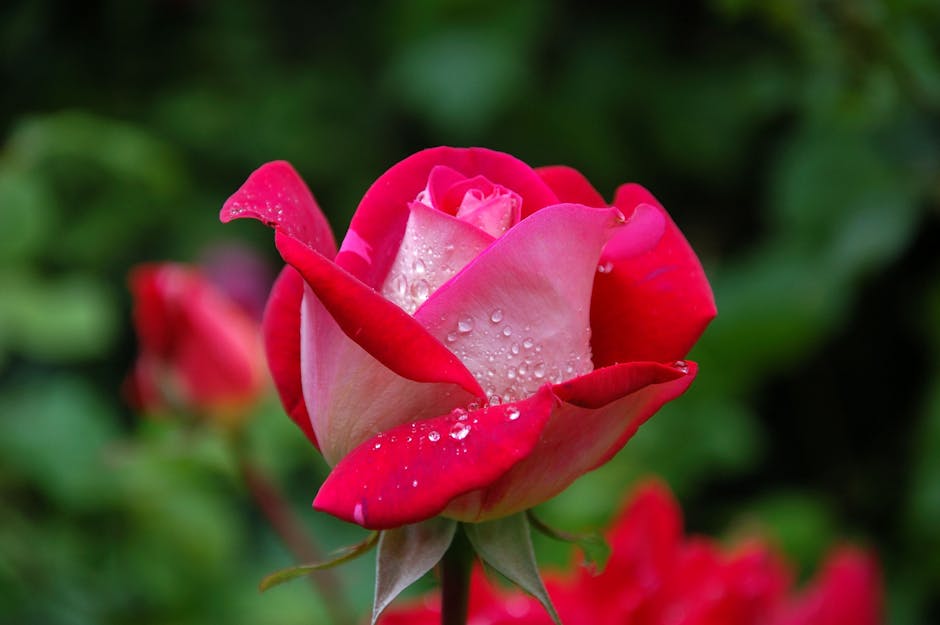Can I Compost Flowers?
Flowers are generally great additions to your compost pile because they decompose readily and add beneficial nutrients.


Sourced & Cited
Adding spent flowers to your compost is a fantastic way to recycle garden waste and enrich your soil. Most flowers break down relatively quickly, contributing both carbon and nitrogen to your compost mix. However, some considerations exist depending on the type and condition of the flower.
Compost Classification
Green (Nitrogen-rich): Fresh flowers are high in moisture and nitrogen, making them excellent green additions to a compost pile. They decompose relatively quickly, adding valuable nutrients to the mix. Wilting or slightly dried flowers still contribute to the nitrogen content although at a slightly slower rate.
🌱 Key Nutrients
This item contributes the following nutrients to your compost:
Nitrogen (N) Potassium (K) Phosphorus (P)
🏷️ Tags
Important characteristics to know about this item:
Breaks Down Quickly Pest Attraction Risk Adds Key Nutrients
⚠️ Potential Risks
- Pest attraction: Some flowers may attract pests to your compost pile, especially if they are not fully decomposed.
- Disease transmission: If your flowers were affected by disease, this could potentially spread to other plants if the compost is not properly composted. Hot composting is recommended in this instance.
- Uneven decomposition: Larger blooms may take longer to decompose than smaller ones, causing imbalance in your compost.
💡 Best Practices
- Chop larger flowers into 1-inch pieces to speed up decomposition.
- Mix flowers with an equal amount of brown materials (e.g., dried leaves, shredded paper) to maintain a balanced carbon-to-nitrogen ratio.
- Bury heavily diseased flowers deep within the compost pile to help contain pathogens during hot composting.
- If composting disease-ridden flowers, maintain temperatures above 131°F (55°C) for at least 15-20 days.
